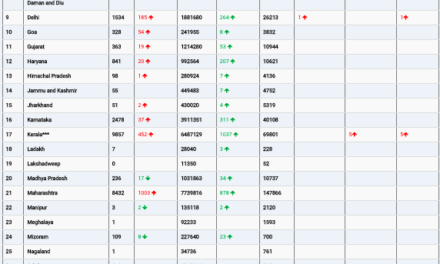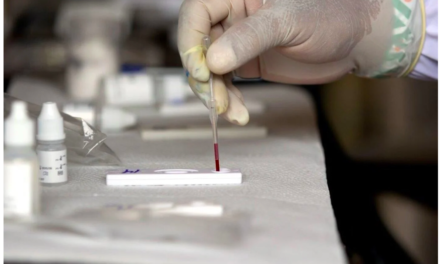Mallapuram, Kerala – In a tragic turn of events, a 14-year-old boy from Mallapuram district in Kerala has succumbed to the Nipah virus. The boy, who exhibited acute encephalitis syndrome (AES) symptoms, was initially admitted to a healthcare facility in Perinthalmanna and later transferred to a higher health center in Kozhikode. Despite medical efforts, the patient passed away. The National Institute of Virology (NIV) in Pune confirmed the presence of Nipah virus in the samples sent for testing.
In response to this confirmed case, the Centre has issued an urgent advisory for public health measures to curb the spread of the disease. Key directives include:
- Active case search: Thorough investigation within the family of the confirmed case, the neighborhood, and areas sharing similar topography.
- Contact tracing: Identifying and monitoring individuals who had contact with the patient in the past 12 days.
- Quarantine and isolation: Implementing strict quarantine measures for all contacts and isolating any suspected cases.
- Sample collection: Ensuring proper collection and transportation of samples for laboratory testing.
To bolster these efforts, a multi-member joint outbreak response team from the National ‘One Health Mission’ of the Union Health Ministry will be deployed to Kerala. This team will assist in case investigation, epidemiological linkage identification, and providing technical support to the state health authorities.
Furthermore, at the state government’s request, the Indian Council of Medical Research (ICMR) dispatched monoclonal antibodies for patient management. Additionally, a mobile Biosafety Level-3 (BSL-3) laboratory for testing samples from contacts has arrived in Kozhikode. Unfortunately, due to the boy’s deteriorating condition, the monoclonal antibodies could not be administered in time.
Historical Context and Transmission
Kerala has faced Nipah virus outbreaks in the past, with the most recent occurring in 2023 in the Kozhikode district. The Nipah virus, primarily harbored by fruit bats, can infect humans through the consumption of bat-contaminated fruits. This zoonotic virus poses significant challenges due to its high fatality rate and potential for person-to-person transmission.
Public Health Advisory
Health authorities urge the public to avoid consuming fruits that may have been exposed to bats and to report any symptoms of AES immediately. Enhanced vigilance and cooperation with health directives are essential to contain the spread of the Nipah virus and safeguard public health.
The state health department, in collaboration with central authorities, is committed to taking all necessary measures to prevent further infections and ensure the well-being of the community.












